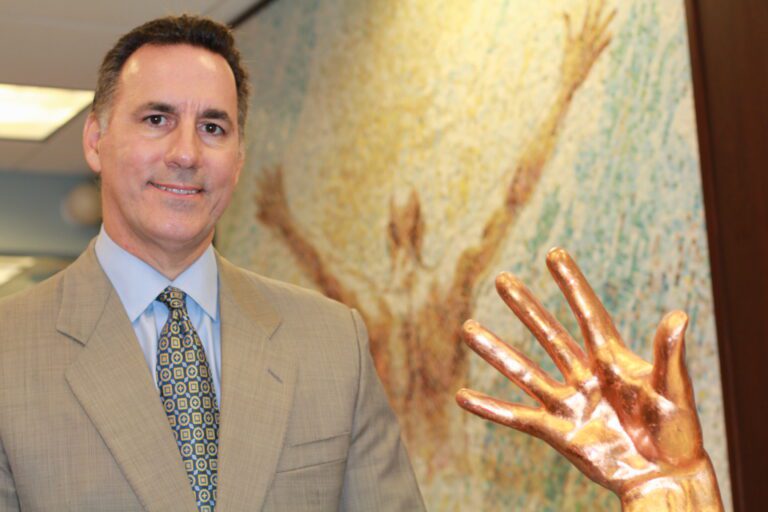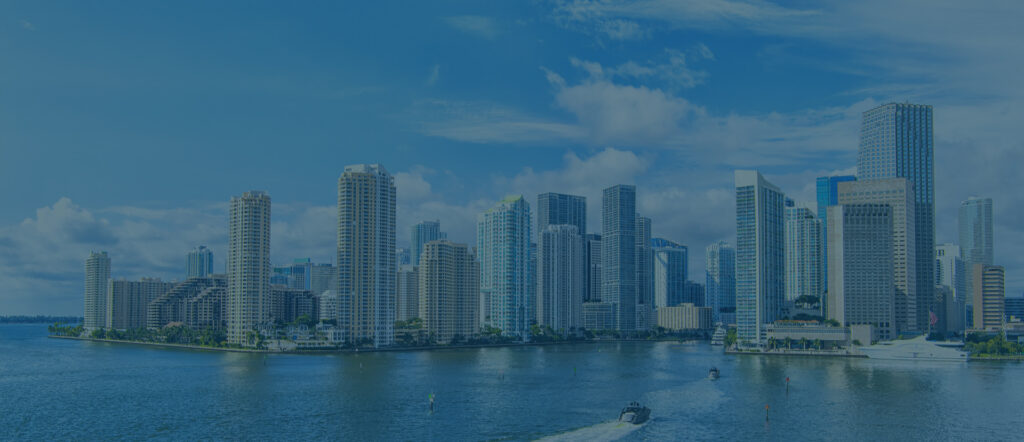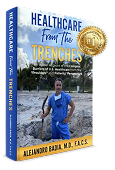Jan 27, 2015
By Shayne Stubbs, Sports Reporter
Dr. Alejandro Badia, MD, FACS, hand and upper limb surgeon was one of the keynote presenters at the 2015 American Association for Hand Surgery Annual Meeting this past Wednesday.
The meeting took place at the Atlantis Resort, Paradise Island; however, Badia was able to speak with The Freeport News this week.
“I’m so pleased to be in beautiful Bahamas. My mission has been, and always is to create educational synergy and to expose great technology that allows minimally invasive procedure accelerates recovery, promotes surgical precision and advances optimal functional return,” Dr. Badia indicated.
Badia added that his intent is to educate both doctors and the general public on the importance of preventive care, better healthcare and more advanced methods and conditions.


While the topic of discussion was in the area of sports-related injuries of the hand and wrist, Badia noted that injuries to the hand and wrist, as a topic not commonly spoken about but should be, always take an extended period of time to heal and rehabilitate properly.
“Athletes in particular, if they injure their wrist, they are very vulnerable to a certain number of conditions, especially ligament injuries,” said Dr. Alejandro Badia, MD, FACS, hand and upper limb surgeon at Badia Hand to Shoulder Center in Miami, Florida.
“Many wrist injuries are not diagnosed and treated quickly enough and when you see an athlete, you want to help them get as quickly as possible, especially for the high level athlete, and sometimes we don’t find out until later that it was a more serious injury and the injury gets pretty quickly complicated because of the delay,” Badia noted.
He said that this is why it is important to get to the right physician quickly. “If you don’t find the right person, you don’t even obtain the proper diagnosis, and if you don’t have the proper diagnosis, you’re not going to get the correct treatment.
“We always start with a good history and a physical exam. We always talk about non-operative care first, but they ask the right person and I think the right person is somebody who has some training in hand surgery, particularly an orthopedic surgeon who has taken a sub-specialty in hand surgery,” Badia stressed.
Dr. Badia further commented that they always start with non-operative care first. “Most of the time in minor injuries in smaller countries it is best to develop a sub-specialty in hand surgery,” said Badia.
Badia also spoke about how the orthopedists who don’t have the fellowship in hand or the areas of the specialties that are oftentimes treated by a regular orthopedist.
“We always try to educate the local physicians, not only here in The Bahamas but around the Caribbean, Central and South America, from Barbados, Trinidad and Tobago, and to Belize, Honduras, and even to a lot of islands where we try to educate them about hand injuries from the sports injuries,” he stated.
“I believe a physician should be well aware of the specialized treatment for these injuries and it is always a matter of awareness. Athletes in particular, if they have a ligament injury, have to be evaluated for a proper diagnosis and be taken care of very quickly,” noted Dr. Badia.
He explained that surgery is the last resort, noting that it is particularly for those injuries that require ligament surgery. “It’s important that they have the optimal treatment. But things also should be done within the first week or 10 days of the injury because after that the bone starts to heal in the wrong position… So, surgery is always the last resort,” he stressed.






